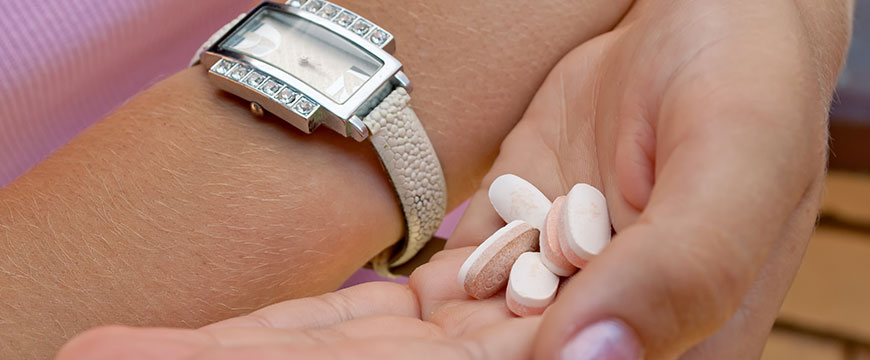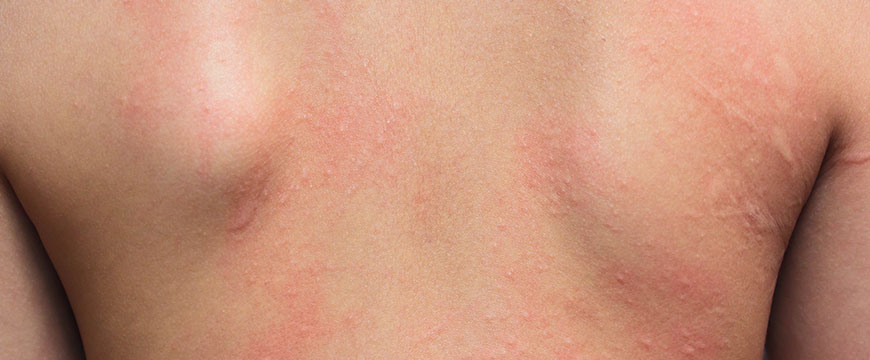Asthma and allergies are only some of the most common health problems. In the US alone, it is said that asthma, a type of respiratory condition, affects one out of 13 people according to a Centers for Disease Control (CDC) report. Asthma can affect one’s quality of life, so going to the nearest allergy physician near you can help manage your condition.
But you may ask: “Why should I go to an allergy clinic for my asthma condition?” As you may don’t know yet, asthma and allergies are often connected and can even occur simultaneously. This is because most asthma symptoms are similar to those of allergies. This condition is called allergy-induced asthma.
How allergies are related to asthma
Allergies can be caused by several triggers such as food, dust mites, pet dander, and pollen among a few. There are other triggers such as stress, exercise, and certain infections. These triggers can also cause asthma attacks which can be uncomfortable nonetheless.
People with a history of allergy have a higher risk of having allergic asthma. While some of these triggers can cause allergic reactions such as runny nose and skin breakout, others experience coughing and frequent sneezing.
In worse cases, affected individuals may experience shortness of breath and difficulty in breathing. When these symptoms show up, it is best to consult an allergist to help you manage the condition.
Treating asthma and allergies
There are treatments meant to manage allergy or asthma symptoms. On the other hand, there are also those that can treat both conditions. Among these include the following:
- Allergy shots
Also known as immunotherapy, it can help treat asthma symptoms by reducing your body’s reactions to allergic triggers. Allergy shots are applied through scheduled injections of small amounts of allergens which cause allergic reactions.
The entire treatment process will be done in a course of about three to five years. Doing so can help build tolerance from the said allergens. In effect, symptoms can eventually decrease and more manageable than before. The procedure should only be done by an allergy specialist doctor.
- Montelukast
Also called Singulair or Leukotriene modifier, this comes in a pill form and is usually taken daily. This medication promises to provide relief from asthma and allergy symptoms. Likewise, it helps manage chemicals that are released in case of allergic reactions.
On the downside, it is said that montelukast causes suicidal and other psychological tendencies. Consult an asthma doctor first before taking this medication. If you are already taking this, seek medical help immediately if you notice the aforementioned symptoms.
- Anti-immunoglobulin E immunotherapy
This type of allergy treatment aims to control and manage the chemicals that trigger allergic reactions. One of the most common anti-immunoglobulin E treatments is Xolair. This therapy is only used for patients with up to severe asthma symptoms.
Other treatments for allergy-induced asthma include:
- Bronchodilators – helps you breathe easier
- Anti-inflammatory medications – helps reduce swelling (ex. skin rashes due to allergic reactions) as well as relieve asthma symptoms
- Other medications that block the chemicals causing the allergic reactions
Managing allergies and asthma symptoms
Asthma and allergies can greatly affect one’s quality of life. That is why it is important to identify what your triggers are so you can properly manage your condition. But sometimes, symptoms may change without warning. Nonetheless, you can still manage your allergy and asthma – along with medical help, of course.
First of all, it is important to know what triggers your allergic reactions so you can avoid it beforehand. For example, it may be wise not to have pets at home if you are allergic to pet dander. If you cannot imagine not having a pet, you can opt for “hypoallergenic” pets. However, it is still best to consult an allergy specialist near you if you want to have a pet at home.
People with asthma may have multiple triggers, which is why it is important to identify those symptoms as well. That way, you can easily manage them and be provided the right treatments for your condition. The adage, “Prevention is better than cure”, says true about this kind of situation.
You can still live a normal life despite having allergies
Having allergies and asthma can affect one’s daily life. That is why you should monitor your symptoms and consult the best allergist in Germantown MD. Contact one and avail of a free consultation today.








